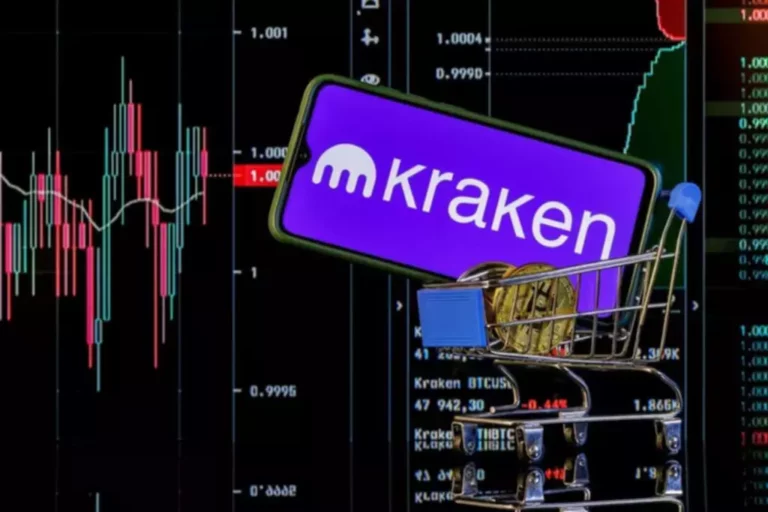Maven Trading Launches 3-Step Prop Firm Challenge
Content
The benefits of proprietary trading include the potential for substantial profits and income diversification for financial institutions. Several renowned prop trading firms, such as Level Up Trading, SurgeTrader, FundedNext, Ment Funding, FTMO, My Forex Funds, and the Lux Trading Firm, cater to traders’ diverse needs. It’s vital to undertake a thorough investigation of each firm’s proprietary trading credibility through online user reviews and testimonials. Along with potential for high returns, proprietary trading offers traders the opportunity to develop their skills in a supportive environment.
Remote Prop Trading Firms – Funded Trading Accounts
OANDA’s approach to proprietary trading opens up this model for external traders to participate. OANDA uses this virtual trading to generate trading signals for our proprietary trading models to follow. When a trader’s virtual white label trades generate positive P&L in the trader’s virtual account, OANDA pays a share of this P&L to the participating trader as a real (not virtual) payout. This is because OANDA’s proprietary trading benefits from accessing these trading signals in our own trading decisions. However, due to stringent financial regulations like the Volcker Rule, several significant banks have separated their prop trading divisions or discontinued them.
Real-Life Example of Prop Trading
The prop trading firm trades these securities in its account, sometimes referred to as a Nostro account, rather than doing so with client money. Anyone can earn a funded account and trade it remotely from home or office. Many of the best prop trading firms in the world furnish remote traders with funded accounts. Proprietary trading involves financial firms trading in the https://www.xcritical.com/ financial markets using their capital instead of acting as an intermediary for clients.
Successful Prop Trading Example

One of the big advantages of prop trading is that you can access more funds to trade with than you might be able to use if you were using your own capital. Funds available generally start from $10,000 and can go up to $1,000,000 (possibly higher in some cases). A prop firm needs to know that you have the trading skills to make profits with the funding they give you, for this reason most will require you to pass an evaluation or audition process. While there are some that do skip the evaluation process, most will have a one-step or two-step evaluation. Consequently, numerous countries, including Australia, have set limitations on funded trader programs and introduced augmented reporting obligations for firms indulging in this type of trading. Fast forward to today, technological advancements and financial industry growth have made prop trading increasingly attainable for a wider range of investors and traders.
Because of this, the investment bank might demand their institutional desk to convince them to buy these shares. In recent years, Wall Street investment banks have witnessed squeezing margins due to the prevalence of Direct Market Access and the decline of full-service equity commissions. Additionally, other low-cost electronic trading platforms pushed the equity commission lower.
Proprietary trading, in essence, refers to a financial institution’s engagement in trades using its own funds, as opposed to clients’ funds, to reap direct profits. This form of trading manifests in various types, each presenting unique opportunities and risks. Regardless of these constraints, proprietary trading continues to be a favourable and rewarding pursuit for numerous financial institutions and traders, including those in Australia.
If you complete a Challenge, we’ll give you a real share of up to 90% of any profits that you make. We’re a regulated broker with a lot of experience in trading at a global level – over 25 years, in fact. We’re also a fully self-sufficient prop trading firm with our own technology and technology licenses, which means that we don’t need to depend or rely on broker partners.
Prop Traders often use advanced trading software and automated platforms to place most of their trades. The traders at Prop firms use various trading strategies like Merger Arbitrage, Global Macro, Volatility Arbitrage, and Index Trading. Prop trading describes the practice where traders utilise a prop firm’s capital for their trading activities. While risk management remains critical, trading on behalf of a prop firm is subject to more stringent regulations and increased scrutiny in order to limit the firm’s capital exposure to potential losses. Traditional trading involves managing investments for clients using their funds. The primary goal is to achieve returns on behalf of clients, with risks and rewards affecting client portfolios.

Prop firms have a technological advantage over the market, and part of that comes in the form of highly sophisticated research and trading tools. And since they want to see you win on their behalf, they are happy to share their tech platforms with you, giving you a leg up over the average retail investor. Each firm has specialization in a particular asset class, ranging from equities and commodities to cryptocurrency. There is also a lot of demand for traders with expertise in derivatives and futures.
- Prop traders anticipate that the difference between the two prices will help them earn a profit.
- But it’s necessary to understand that these evolving dynamics may also lead to increased competitive pressures.
- In case you are still sure that this is what you want, you should take your time and make sure that the firm you choose to partner with is legitimate and has a solid reputation.
- For instance, Goldman Sachs, a leading investment bank, has a robust equities trading operation.
- Earlier, we talked about how prop firms can offer you leverage and increase your liquidity.
- An established practice in finance, proprietary trading refers to when financial firms invest their own funds in various trading activities, such as stocks, bonds, options, or derivatives.
One of the benefits of that is if you want to short a stock, you can borrow it directly from the prop trading firm and sell it on the market. The Volcker Rule limits the speculative investments banks and other financial institutions are able to make. The idea is that since banks should serve their customers first, proprietary trading can present a conflict of interest. Now, the assets the firm invests in could be anything; it doesn’t have to be the stock market in particular.
Thirdly, as investment banks play a crucial role in mergers and acquisitions, there is a possibility that the traders might use their power to access inside information and leverage merger arbitrage. The key difference between proprietary trading and hedge funds lies in the source of capital and the approach to risk. The profit potential in proprietary trading is significantly higher than in client-driven trading. In client trading, the firm earns a commission, a small percentage of the trade value. For example, a prop trader who makes $10000 in profits during a particular period of time and has a 80/20 profit-split agreement, would take home $8000.
That’s why we believe the ecosystem at HowToTrade is head-and-shoulders above the rest. Traders can leverage their profits, leading to significant gains from successful trades. Additionally, the absence of hidden or recurring monthly fees can result in higher net profits for traders. These trades are usually speculative in nature, executed through a variety of derivatives or other complex investment vehicles. Proprietary trading refers to a financial firm or commercial bank that invests for direct market gain rather than earning commission dollars by trading on behalf of clients.
What sets a highly skilled trader apart from the crowd is his ability to study the nuances and play effortlessly with changing market variables. This can lead to situations where the robot makes decisions that deviate from the firm’s overall risk management strategy. Also, having to adhere to a firm’s trading rules can lead a trader to become more productive & disciplined. It has been prepared without taking your objectives, financial situation, or needs into account. Any references to past performance and forecasts are not reliable indicators of future results. Axi makes no representation and assumes no liability regarding the accuracy and completeness of the content in this publication.
Since there aren’t many buyers or sellers for this type of trade, a proprietary trading desk will act as the buyer or seller, initiating the other side of the client trade. If you’ve heard about prop trading (proprietary trading) or hedge funds, you might be wondering what they are and how they’re different. All prop firms have rules you need to follow, with some firms having more onerous requirements than others who have more relaxed rules. Some firms for example may require you to trade using a guaranteed stop loss while others may not allow hedging, scalping and possibly social trading.
